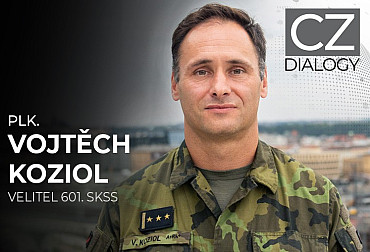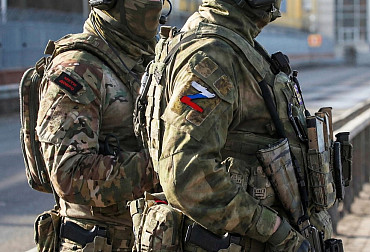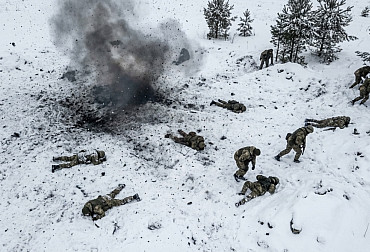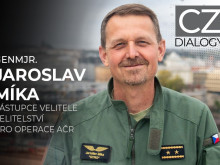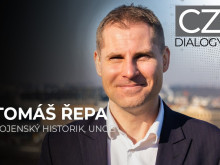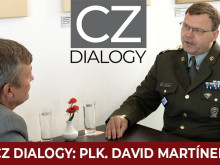Gen. Jan Farlík: We will not prohibit students from using AI when writing seminar papers or final theses.
The University of Defence in Brno has been undergoing a transformation in recent years. It is evolving from a military university into an institution that aims to excel not only in training officers and specialists for the Czech Armed Forces, but also in international research and development of modern technologies. The key areas on which the university is now focusing are quantum computing and artificial intelligence. For the next episode of our discussion programme CZ DIALOGUES, we invited the Rector of the University of Defence, Brigadier General Jan Farlík, with whom we discuss, for example, how the university is responding to new technological challenges and why it is worthwhile for students to follow this path.
Video: Interview with Brigadier General Jan Farlík, Rector of the University of Defence / CZ DEFENCE
"Our number one priority is cutting-edge science, especially in the field of defence research," emphasises General Farlík. "But educating students is just as important. These are two vessels that complement each other. We cannot do science if we don't have smart students, and conversely, students need to see that their work has meaning in real research," explains Rector Farlík. The university therefore invests not only in research itself, but also in modern infrastructure. "Students don't want to study in an environment that looks like a museum. Dilapidated buildings and technology from the end of the last century won't attract anyone. That's why it's crucial for us to improve our facilities and show that we are a modern university that keeps up with the times," outlines the general.
Since 1 April this year, the University of Defence has been part of a national consortium that has gained access to an IBM quantum computer. "We officially launched the project this spring, and I consider it a major milestone," says Farlík. "Quantum computing is not something that will happen in decades. It is happening now, and those who sleep through it will be left behind," warns General Farlík. The first phase of the project focuses on training. "It is necessary to teach our people the basic principles – how quantum algorithms work, how they can be used, and in which areas they can be applied. We want to start the first experiments by the end of this year," says the Rector. According to him, the potential of quantum computing is enormous. "In the field of defence, this could involve, for example, processing large amounts of data from the battlefield, optimising logistics processes or simulating complex systems. And then there is the field of cryptography – quantum computers can break current encryption methods. This is a threat, but also a challenge; we must look for new ways to ensure security," Farlík explains. Students will gradually become involved in the research, although initially it will mainly be doctoral students. “We don’t have a separate programme focused purely on quantum computing, but that doesn’t matter. Our goal is for students to encounter this technology and be able to connect it to their specialisation – whether it’s cybernetics, radiolocation or military engineering,” explains Farlík.
Artificial intelligence (AI) plays a similarly crucial role. "According to our research, up to 80% of students use it today," says Farlík. "And I say openly – this is not something we should fight against. Artificial intelligence is here, it is part of our reality. We must teach students how to use it properly and how to critically evaluate its results," says General Farlík. The university is therefore also changing its approach to assessment. "We will not prohibit students from using AI when writing seminar papers or theses. On the contrary, they will have to defend their outputs. If someone uses AI, they must be able to explain why, what they gained from it, and whether the result is correct. Ultimately, this is more demanding for students because they really have to think," adds the Rector.
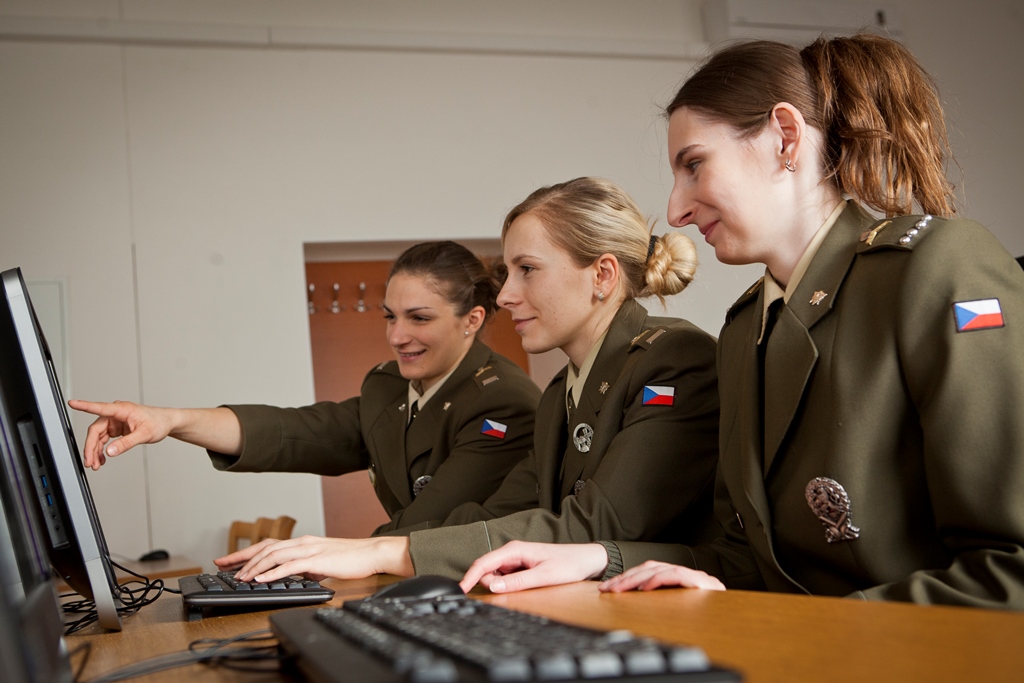
However, artificial intelligence is not just a tool for students. "AI will play a huge role in the military environment, from evaluating image data from drones to predicting logistical needs and supporting commanders' decision-making. And we have to prepare our graduates for both sides of the coin – so that they know how to use AI, but are also able to face its threats, such as disinformation campaigns or cyber attacks," explains Farlík. According to him, the combination of AI and quantum computing will open up completely new possibilities. "If we can combine the speed of quantum computing with the adaptability of artificial intelligence, we will have tools that can fundamentally change the way we fight. This is not science fiction, it is the future that is already upon us," he emphasises.
The university collaborates on projects related to quantum computing and AI not only with Czech universities and the Academy of Sciences, but also with the army and industrial companies. "It can't be done without industry. The army needs technologies that work in practice, and we have to develop them together. This is the way to connect research, teaching and real-world deployment," says Farlík.
The university is therefore strengthening its international cooperation for the future. "We have very good contacts with Poland, Romania, the Baltic states, but also with France and the Netherlands. We share experiences and, above all, we cooperate on specific projects. This is more valuable to us than formal memoranda," adds the Rector. The university also cannot do without cooperation with the defence industry. "Our students need access to the technologies used in the military. That is why it is essential for us to work closely with industrial partners," emphasises Rector Farlík. One example is the Roj project, which the university is working on together with Brno University of Technology and which focuses on the use of ground and air unmanned vehicles.
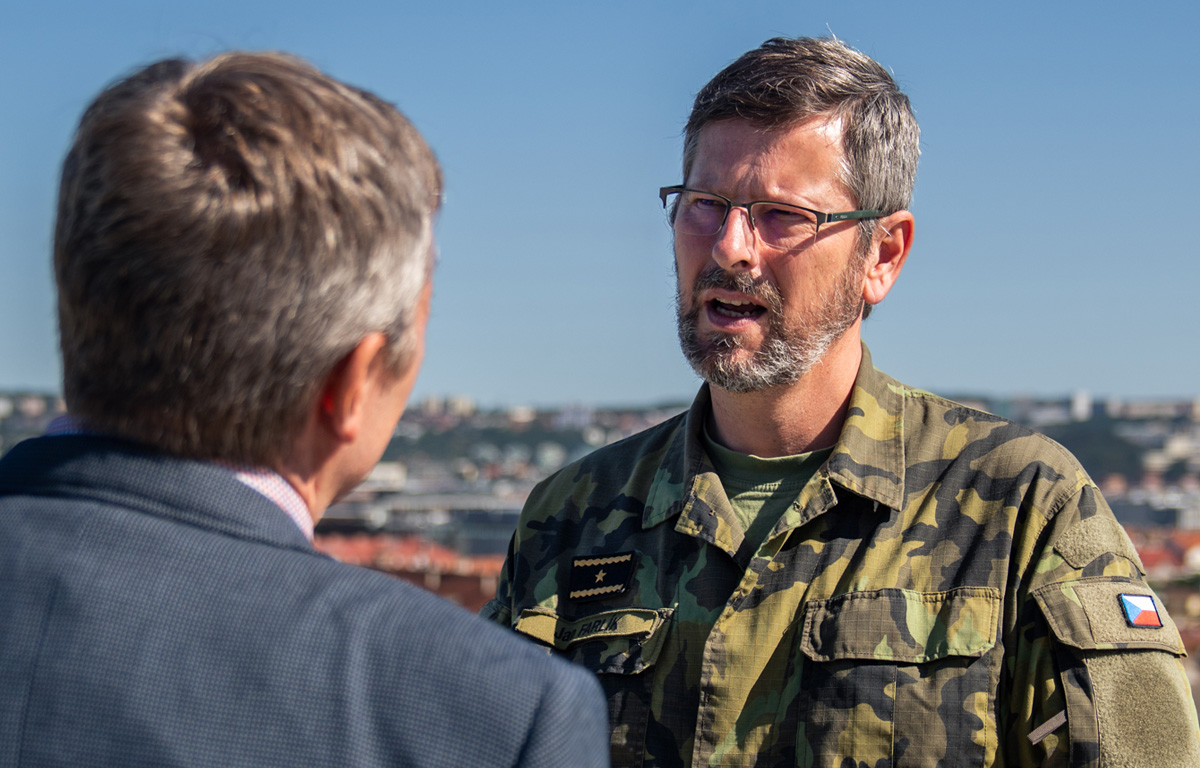
The growing attractiveness of the university is also reflected in the interest of applicants. "Compared to last year, we have seen an increase of 40%," says the Rector. "But there are still fields where interest is low—for example, electrical engineering. There, we face the same problem as civilian technical universities," describes General Farlík. The university is also trying to increase diversity. "We have women mainly at the Military Medical Faculty, where they make up about a quarter of the students. In technical fields, it's less, around 10-15%. But it always depends on the specific specialization and the interest of the applicants," he adds. On the other hand, the acquisition of F-35 Lightning II aircraft also means new educational requirements. "We immediately began to modify the study programs. We introduced a new bachelor's program for pilots so that the army could get new specialists faster," says Farlík.
According to Jan Farlík, the university can offer something that other schools cannot. "Our students encounter technologies that they would not experience elsewhere, whether it be military radar, aerospace engineering, or cyber defense. They gain access to modern systems, take part in international exercises, and prepare for work that is exceptional," says Farlík. And he has a clear message for high school students: "If you are looking for a challenge, want to do something meaningful, and be involved with modern technologies, then the University of Defense is the right choice. We will open the door to a world where science, the military, and the future come together," says University of Defense Rector Brigadier General Jan Farlík, inviting students to study at University of Defense.
If, in addition to the above, you are also interested in the development of University of Defense study programs, the work of students and the school with artificial intelligence, and more, listen to the entire interview at the beginning of this article.











